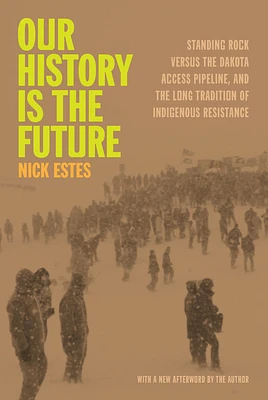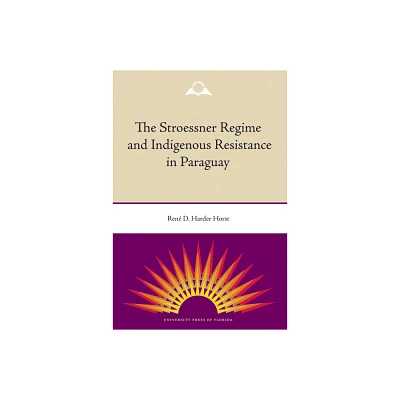Home
Indigenous Legalities, Pipeline Viscosities: Colonial Extractivism and Wet'suwet'en Resistance
Loading Inventory...
Barnes and Noble
Indigenous Legalities, Pipeline Viscosities: Colonial Extractivism and Wet'suwet'en Resistance
Current price: $36.99


Barnes and Noble
Indigenous Legalities, Pipeline Viscosities: Colonial Extractivism and Wet'suwet'en Resistance
Current price: $36.99
Loading Inventory...
Size: Paperback
*Product Information may vary - to confirm product availability, pricing, and additional information please contact Barnes and Noble
Indigenous Legalities, Pipeline Viscosities
examines the relationship between the Wet’suwet’en and hydrocarbon pipeline development, showing how colonial governments and corporations seek to control Indigenous claims and how the Wet'suwet'en resist. Tyler McCreary explores pipeline regulatory review processes, reviews attempts to reconcile Indigeneity with development, and asks fundamental questions about territory and jurisdiction. In the process, he offers historical context for the continuing influences of colonialism on Indigenous peoples. Throughout, McCreary demonstrates how the cyclical movements between resistance and reconciliation are affected by the unequal relations between Indigenous peoples, colonial governments, and development operations. This sophisticated analysis invites readers to consider the complex realities of Indigenous and Wet’suwet’en law, as well as the politics of pipeline development.
examines the relationship between the Wet’suwet’en and hydrocarbon pipeline development, showing how colonial governments and corporations seek to control Indigenous claims and how the Wet'suwet'en resist. Tyler McCreary explores pipeline regulatory review processes, reviews attempts to reconcile Indigeneity with development, and asks fundamental questions about territory and jurisdiction. In the process, he offers historical context for the continuing influences of colonialism on Indigenous peoples. Throughout, McCreary demonstrates how the cyclical movements between resistance and reconciliation are affected by the unequal relations between Indigenous peoples, colonial governments, and development operations. This sophisticated analysis invites readers to consider the complex realities of Indigenous and Wet’suwet’en law, as well as the politics of pipeline development.


















